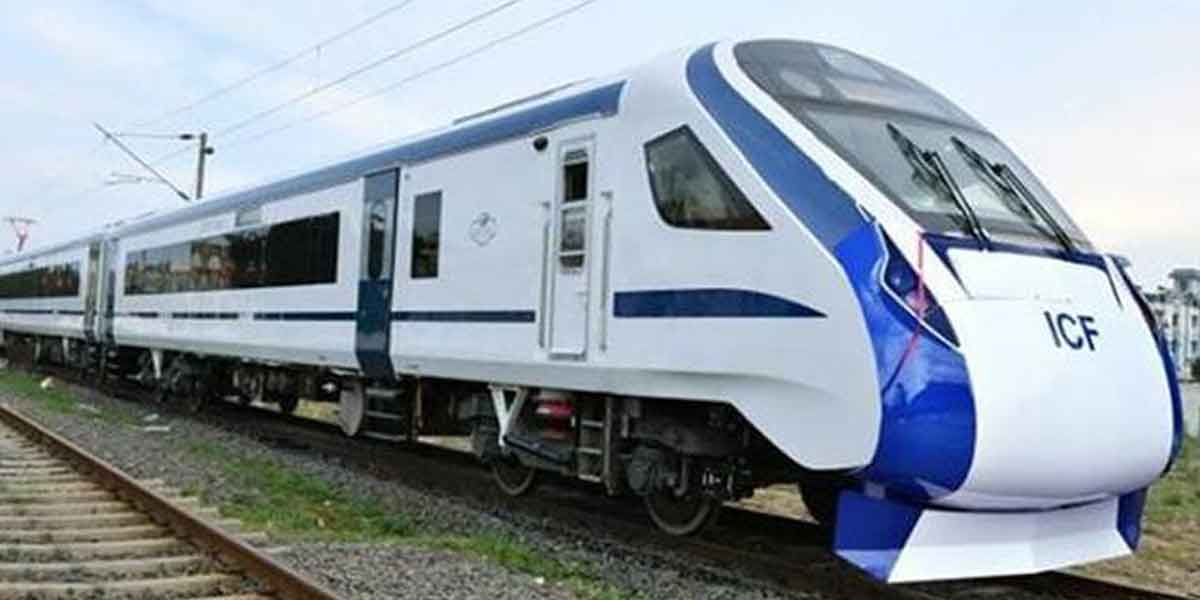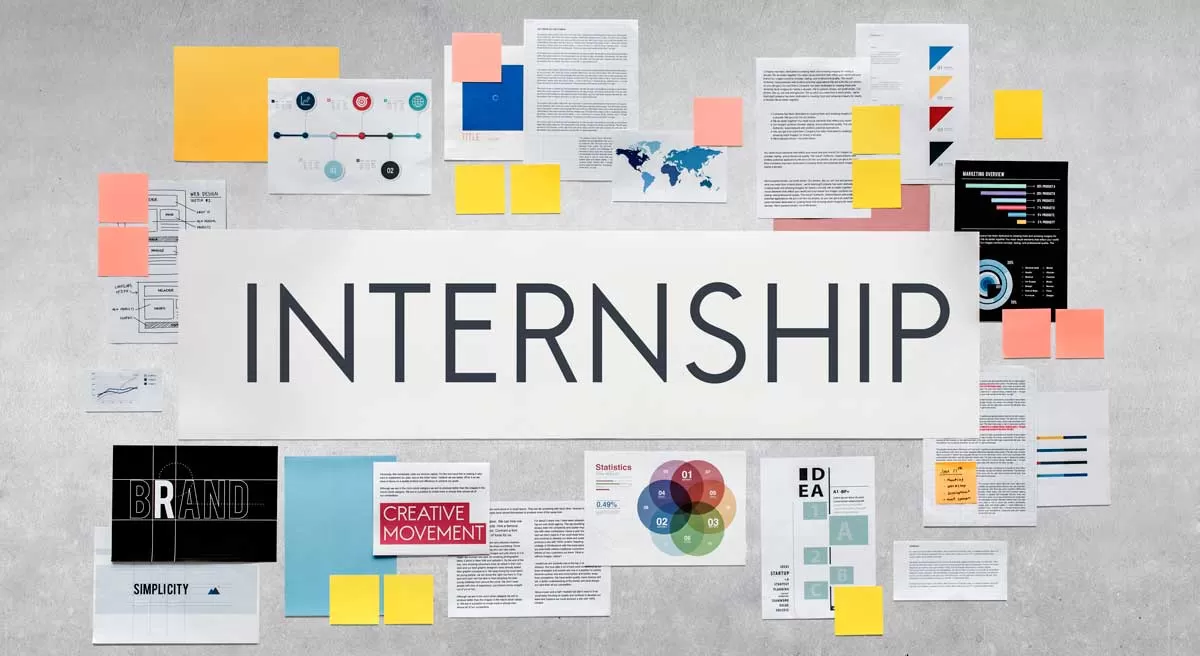
"Revitalizing Urban Spaces with Creative Green Solutions"
Read full article
CW Gold Benefits
- Weekly Industry Updates
- Industry Feature Stories
- Premium Newsletter Access
- Building Material Prices (weekly) + trends/analysis
- Best Stories from our sister publications - Indian Cement Review, Equipment India, Infrastructure Today
- Sector focused Research Reports
- Sector Wise Updates (infrastructure, cement, equipment & construction) + trend analysis
- Exclusive text & video interviews
- Digital Delivery
- Financial Data for publically listed companies + Analysis
- Preconceptual Projects in the pipeline PAN India

Our growth today is mainly driven by onsite users
Sashi Kiran, Founder, FALCONBRICK Technologies tells CW about company plans.What inspired you to launch FALCONBRICK Technologies and what specific inefficiencies in the construction industry were you looking to address?The idea emerged when we wondered why the $ 600 billion Indian construction industry is plagued with project delays and cost overruns. Digging deeper, we found that projects were being managed in very outdated ways, leading to huge chaos during execution. We believed technology had a clear answer and with our collective experience in construction and technology, we set out to bu..

PM Internship Scheme Opens Round 2 Applications
The Prime Minister Internship Scheme (PMIS) has launched Round 2 of its pilot phase, offering over one lakh internships across 730 districts. After receiving more than six lakh applications in Round 1, this phase provides fresh opportunities in key sectors such as oil and gas, banking, FMCG, automotive, and manufacturing.More than 300 top companies are participating, allowing candidates to gain real-world experience, build networks, and enhance employability. Applicants can select internships based on location, sector, and preferences, with the option to apply for up to three roles. The scheme..

From Earth’s Depths to Your Space: The Sedimento Experience
What if you could witness Earth’s story etched in every layer—a tale of transformation through time, well the SEDIMENTO collection by SOMANY Ceramics is a poetic tribute to this elemental narrative. Inspired by sedimentary bedrock, it evokes nature’s ever-changing forces, sculpted by wind, water, and time. Each glance and touch immerses you in the serene beauty of natural sedimentation.This is not just another tile collection. SEDIMENTO seamlessly blends durability with subtle textual elegance, making it ideal for demanding and long-lasting use. Its tactile textures embody quiet resilien..














